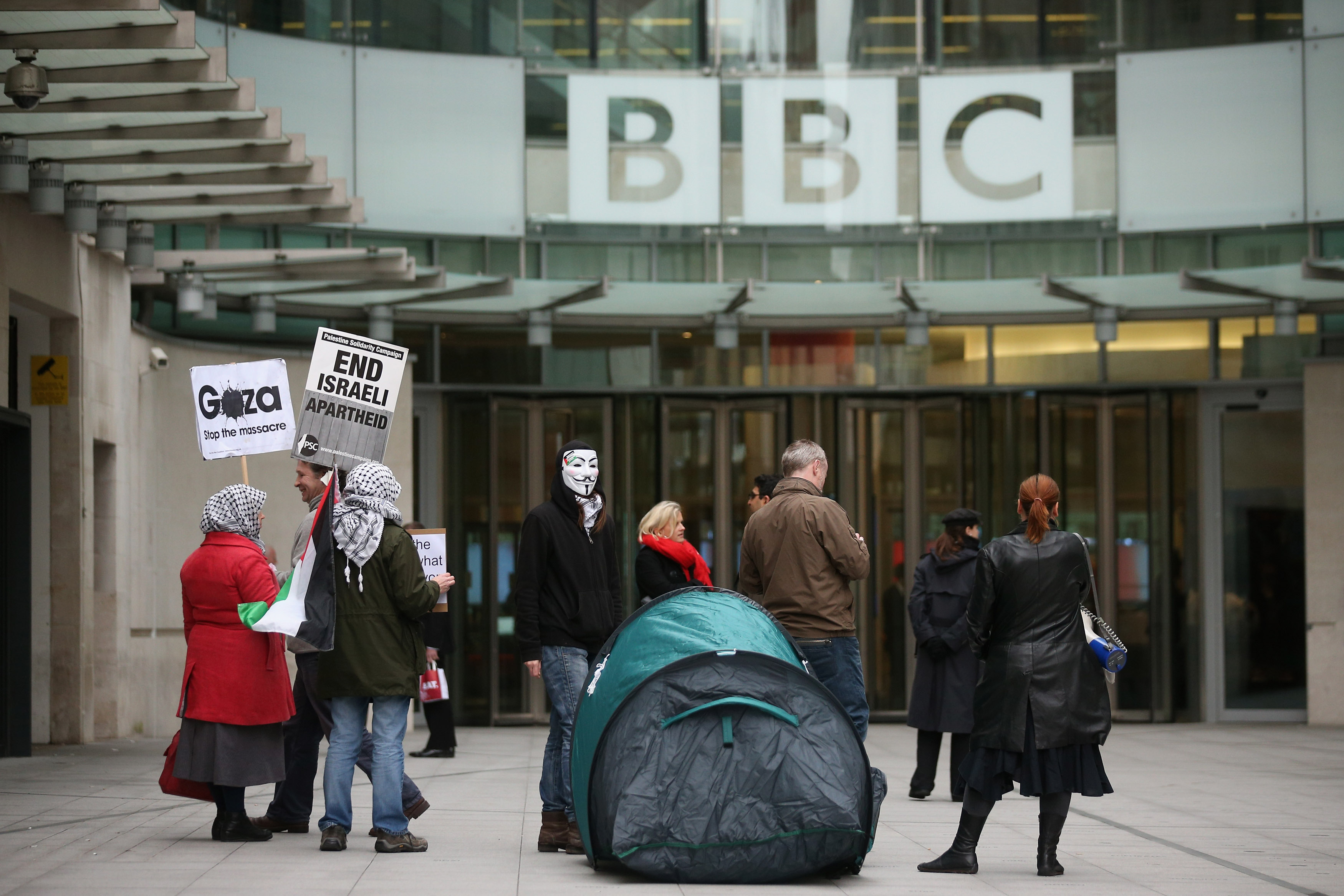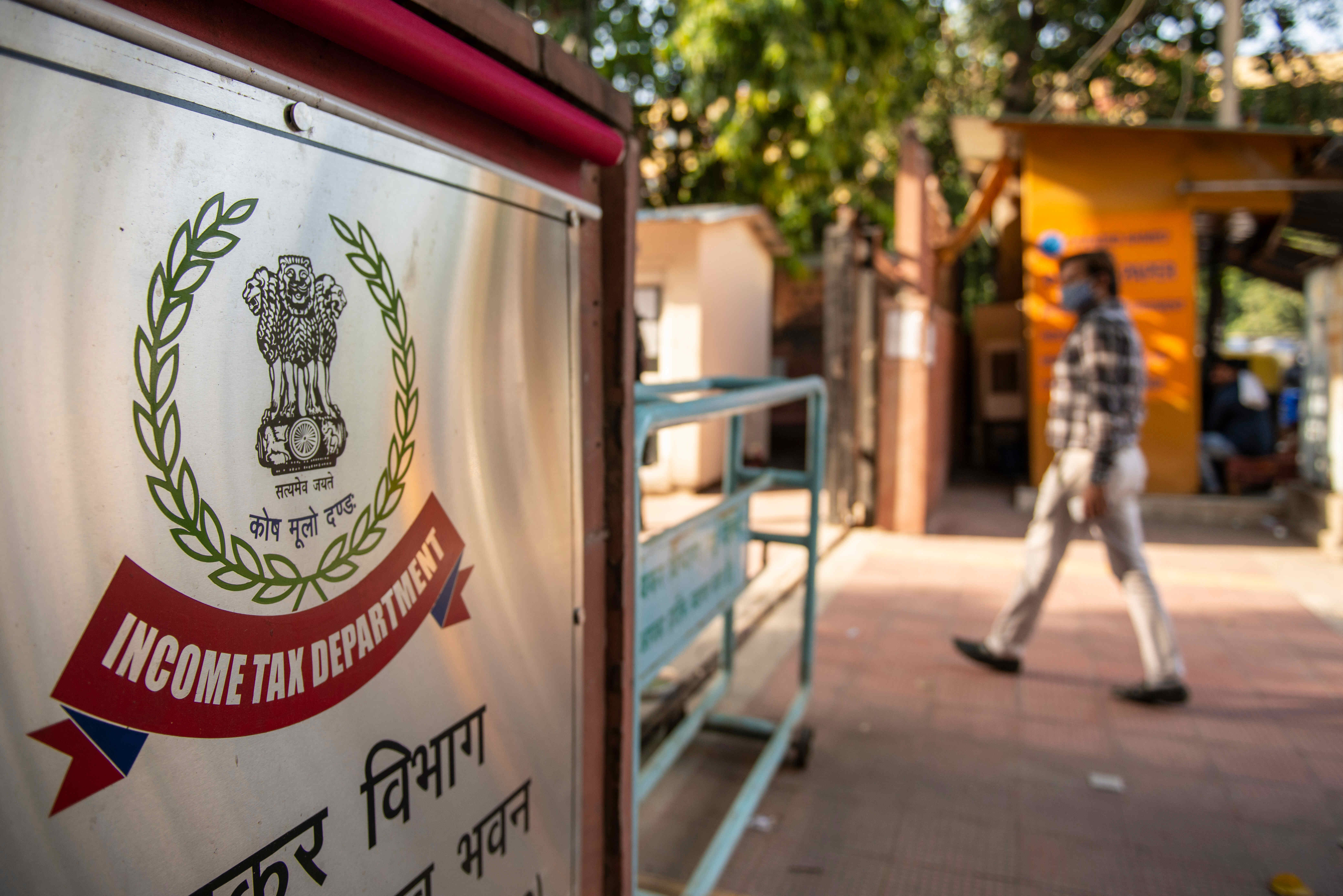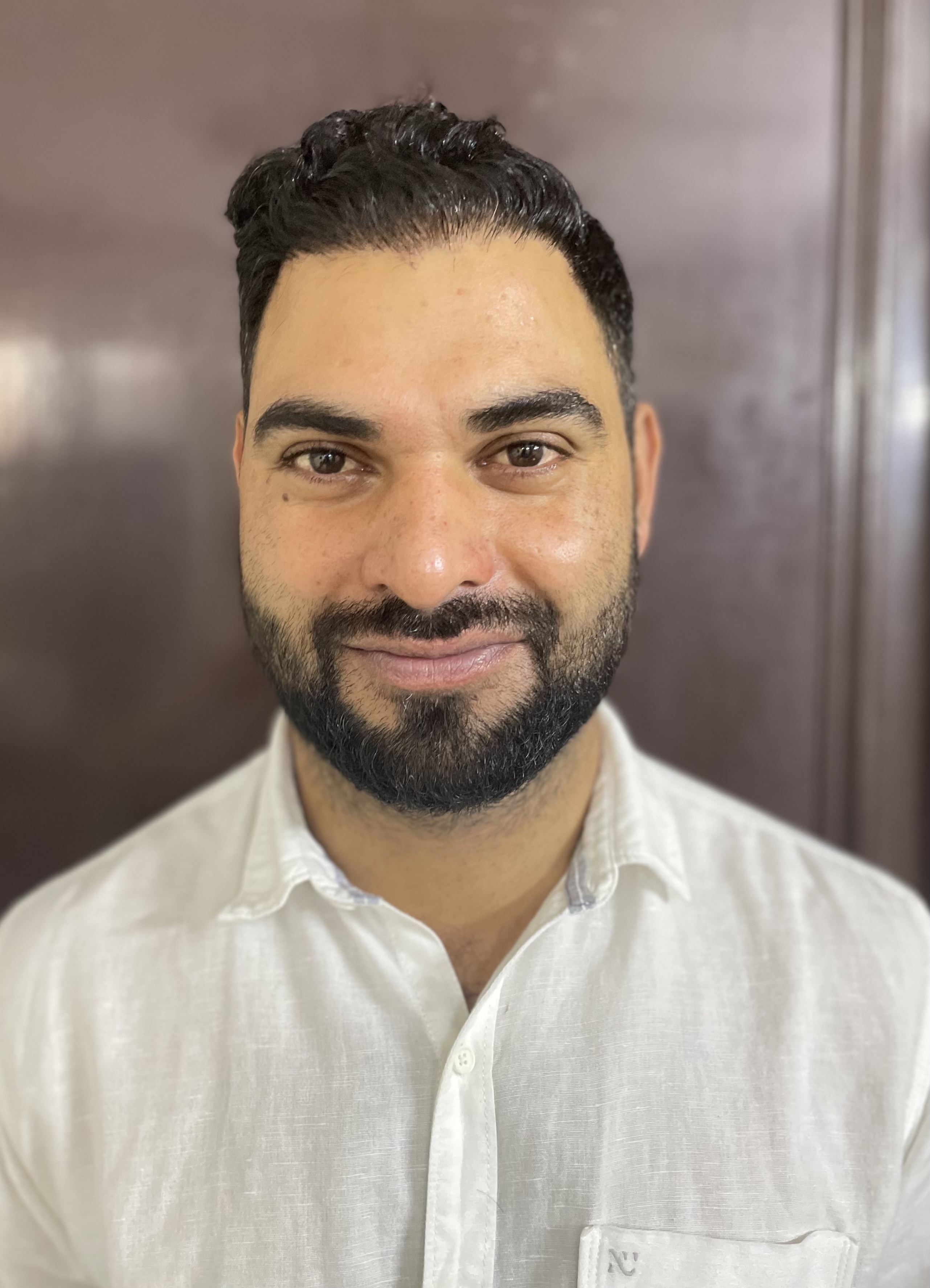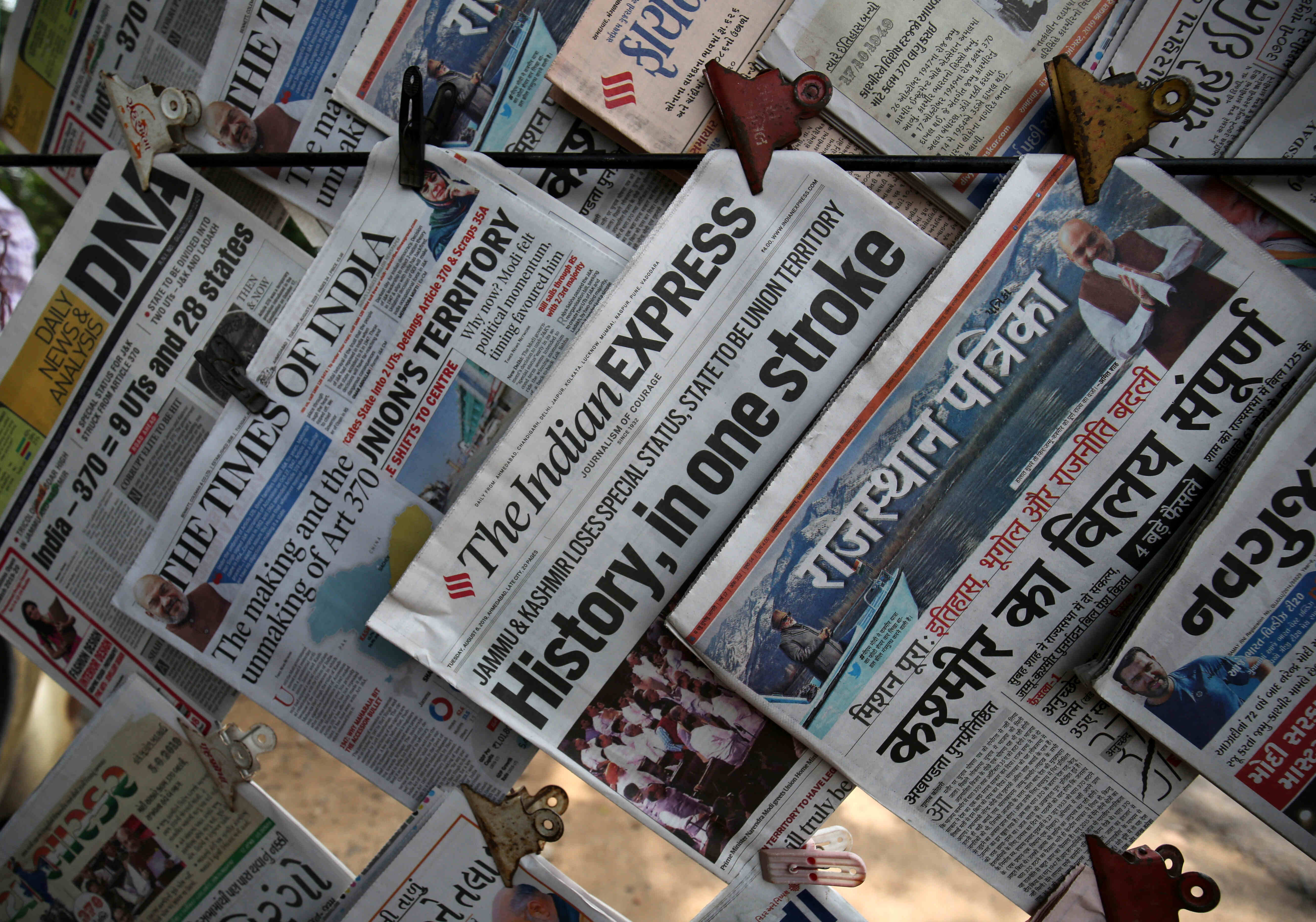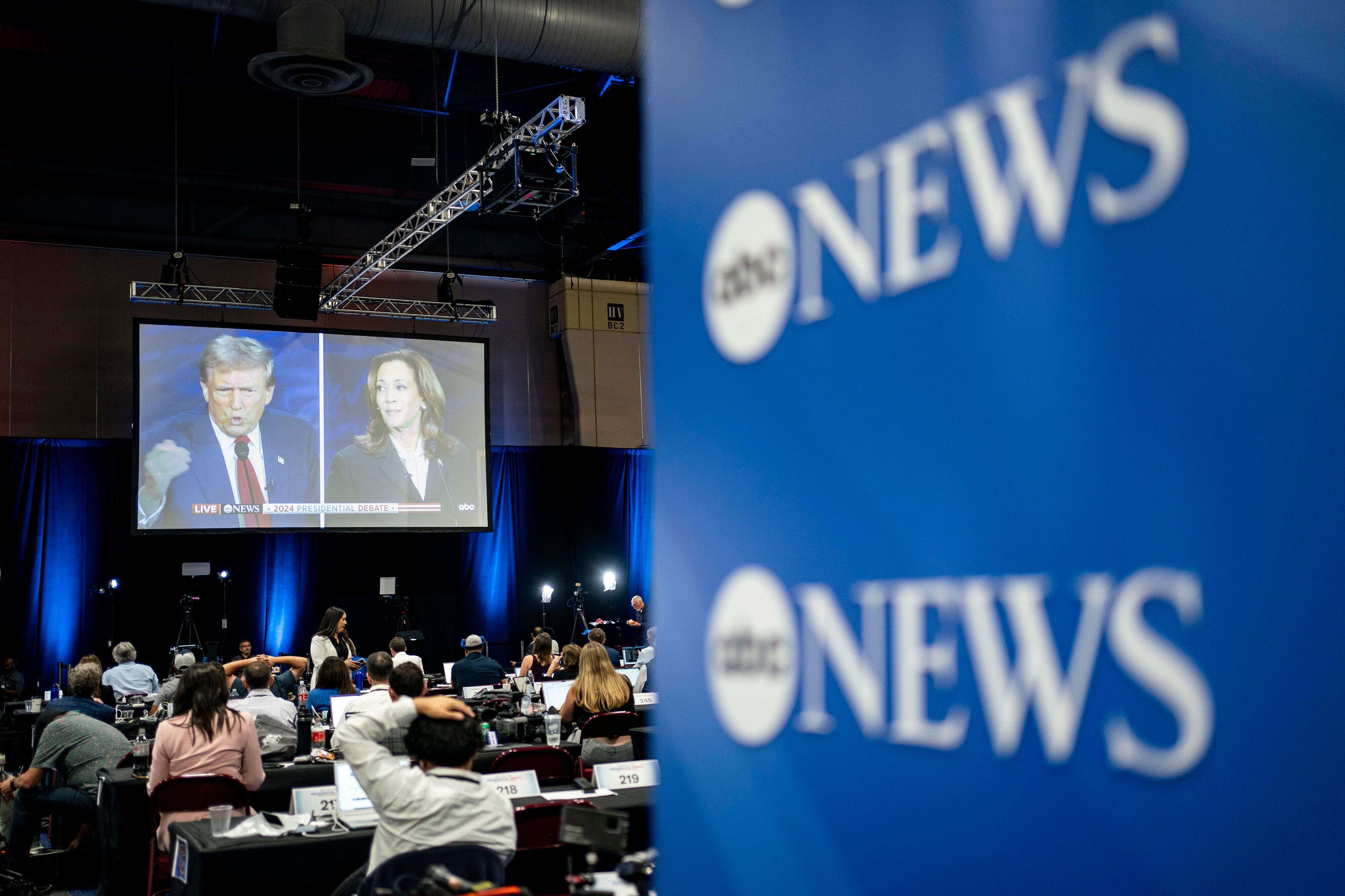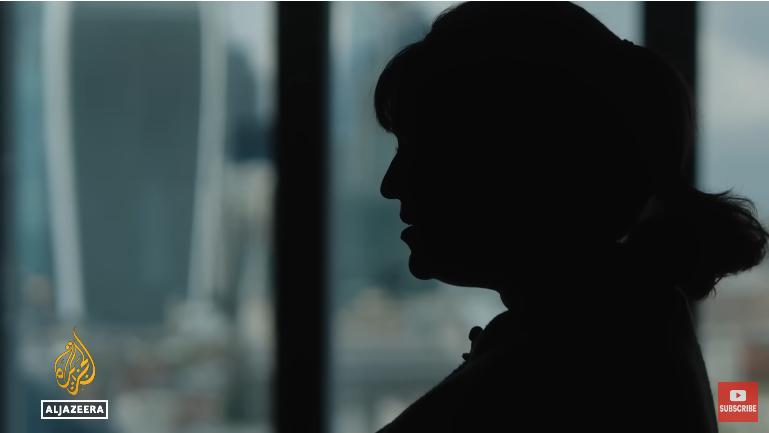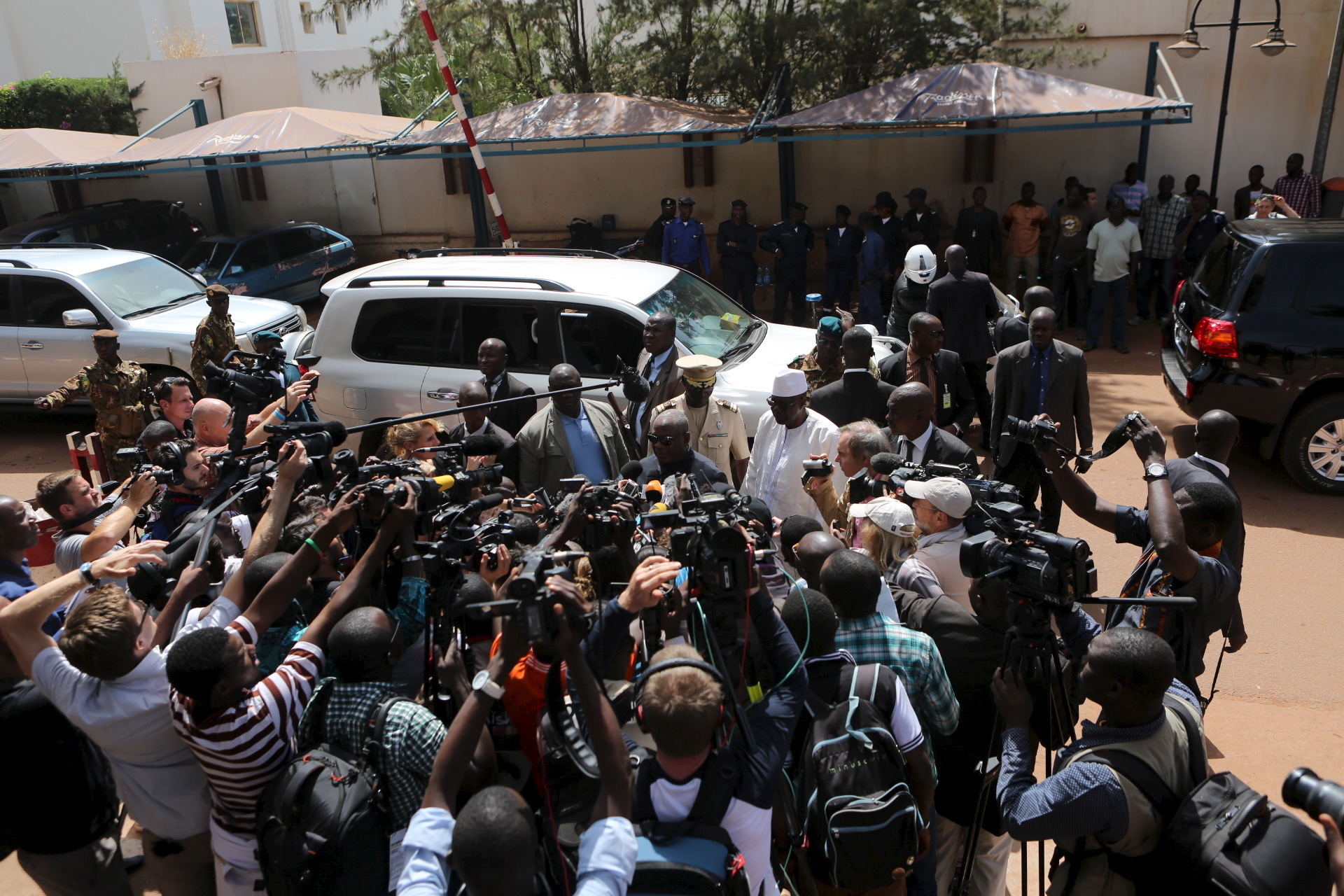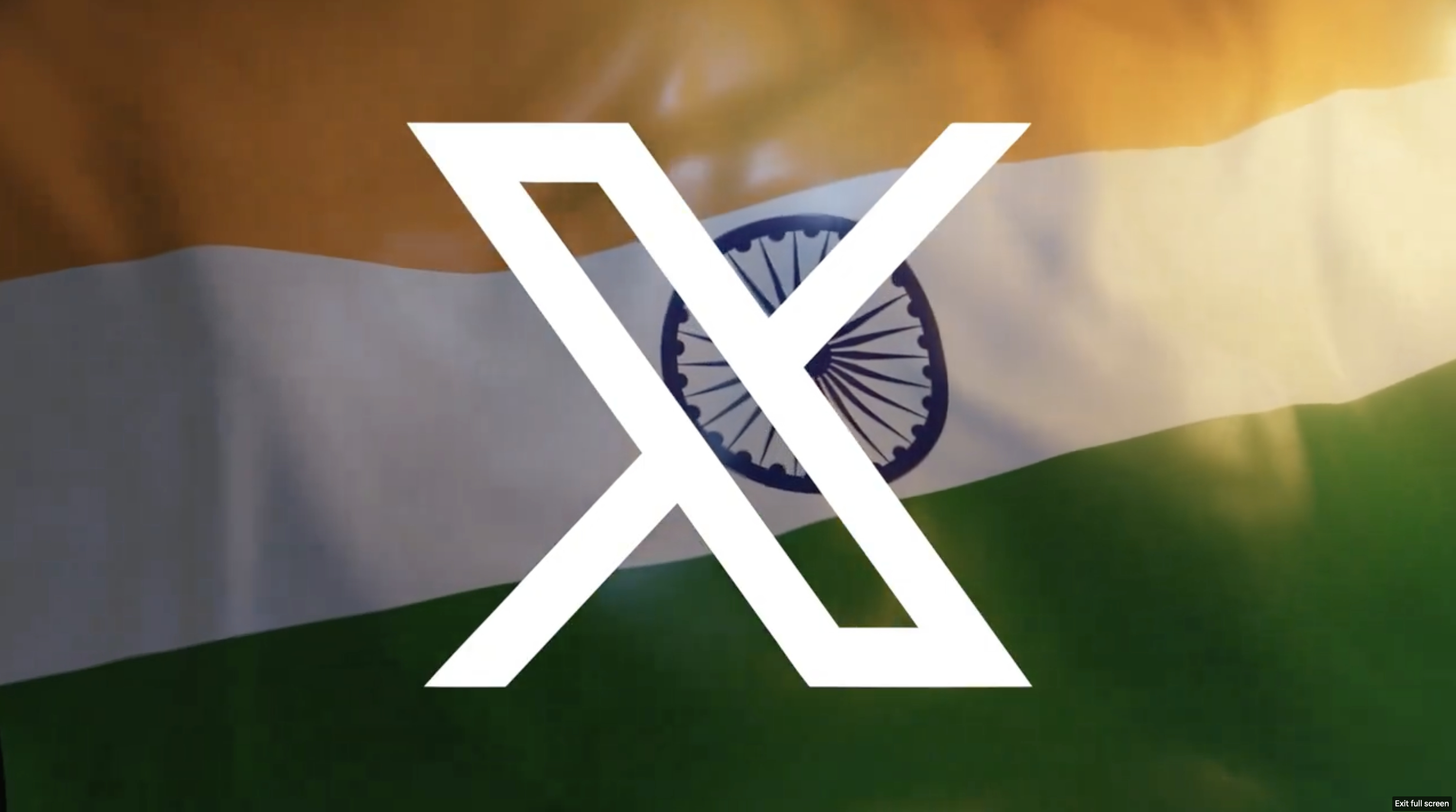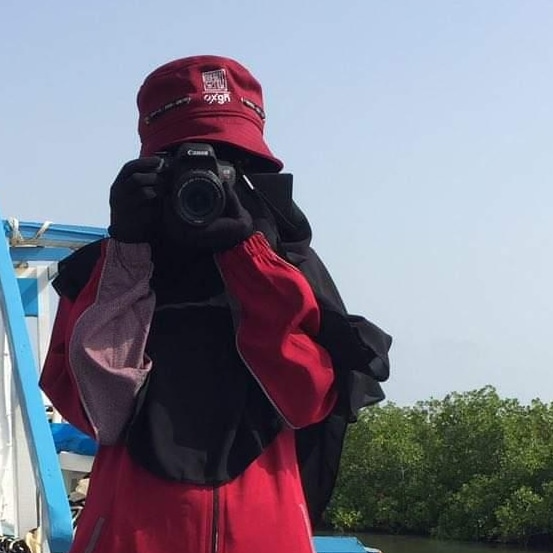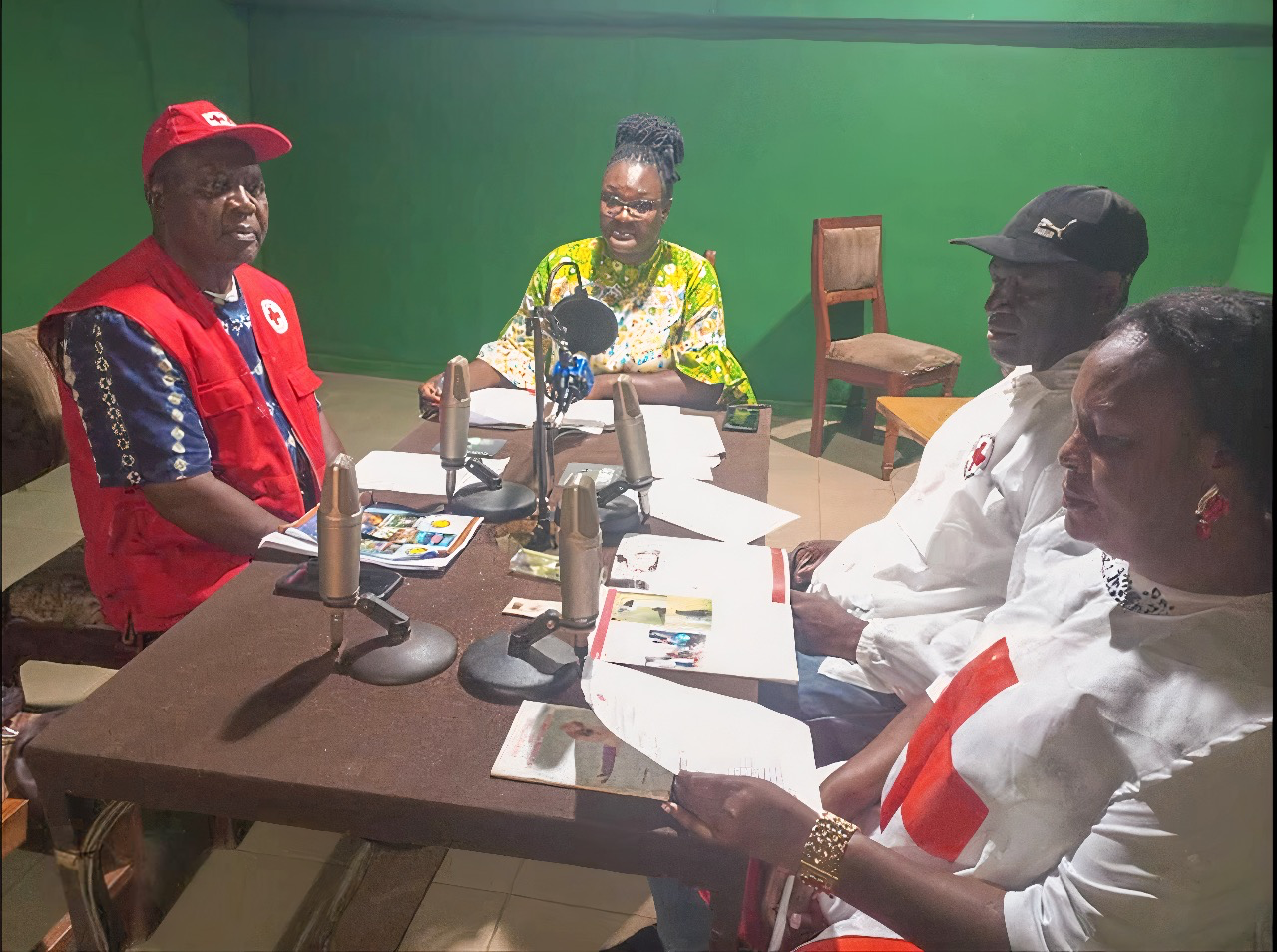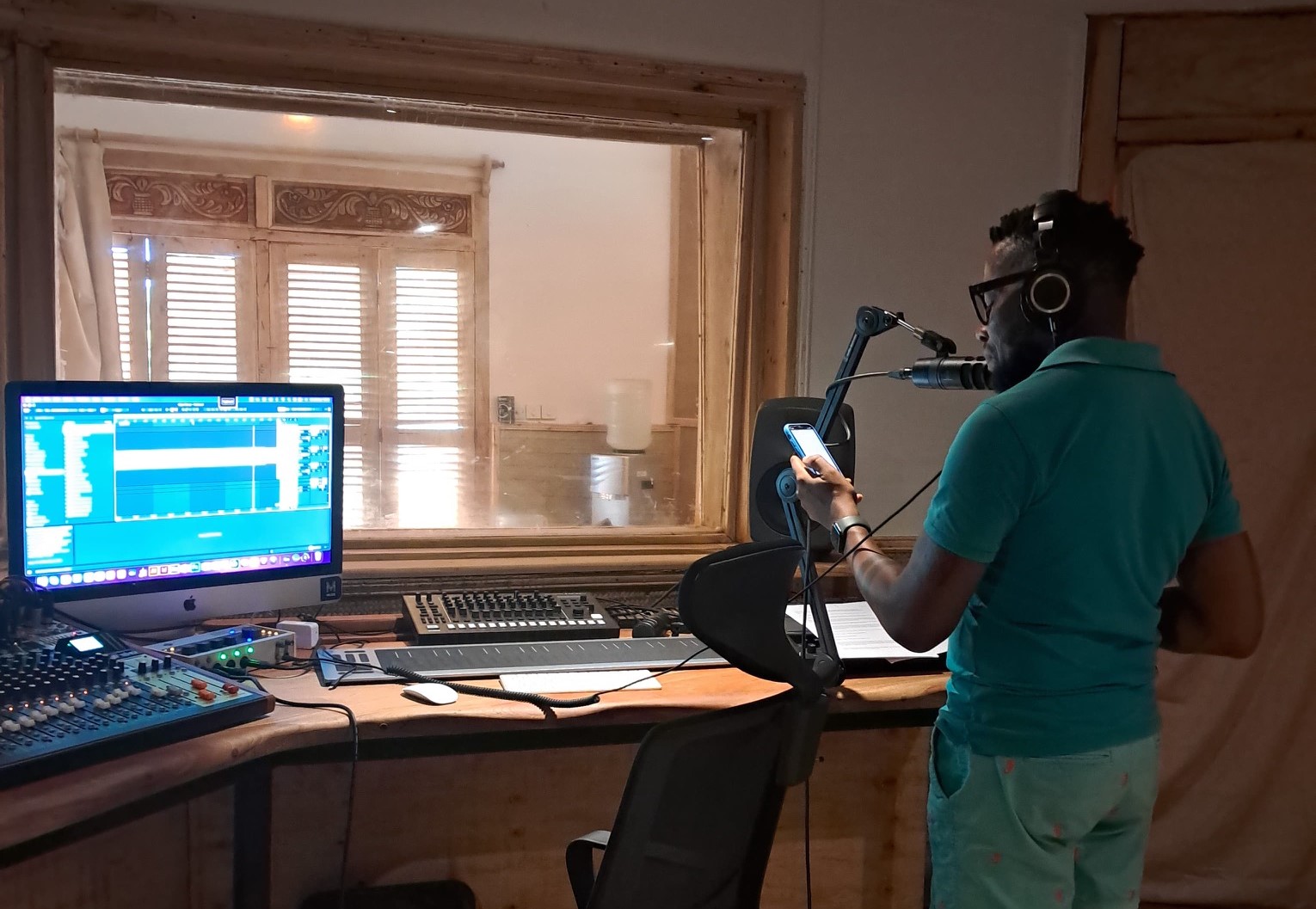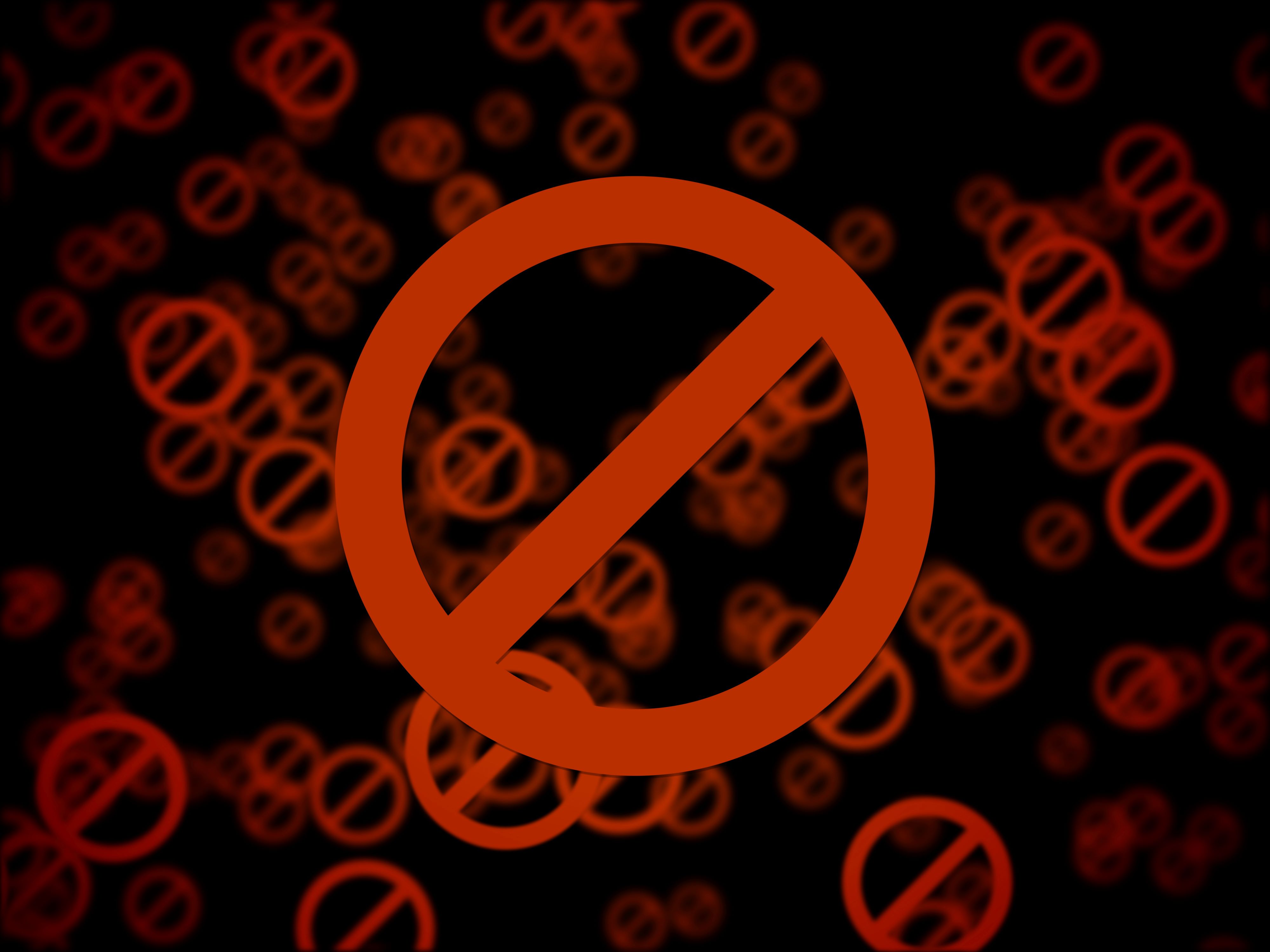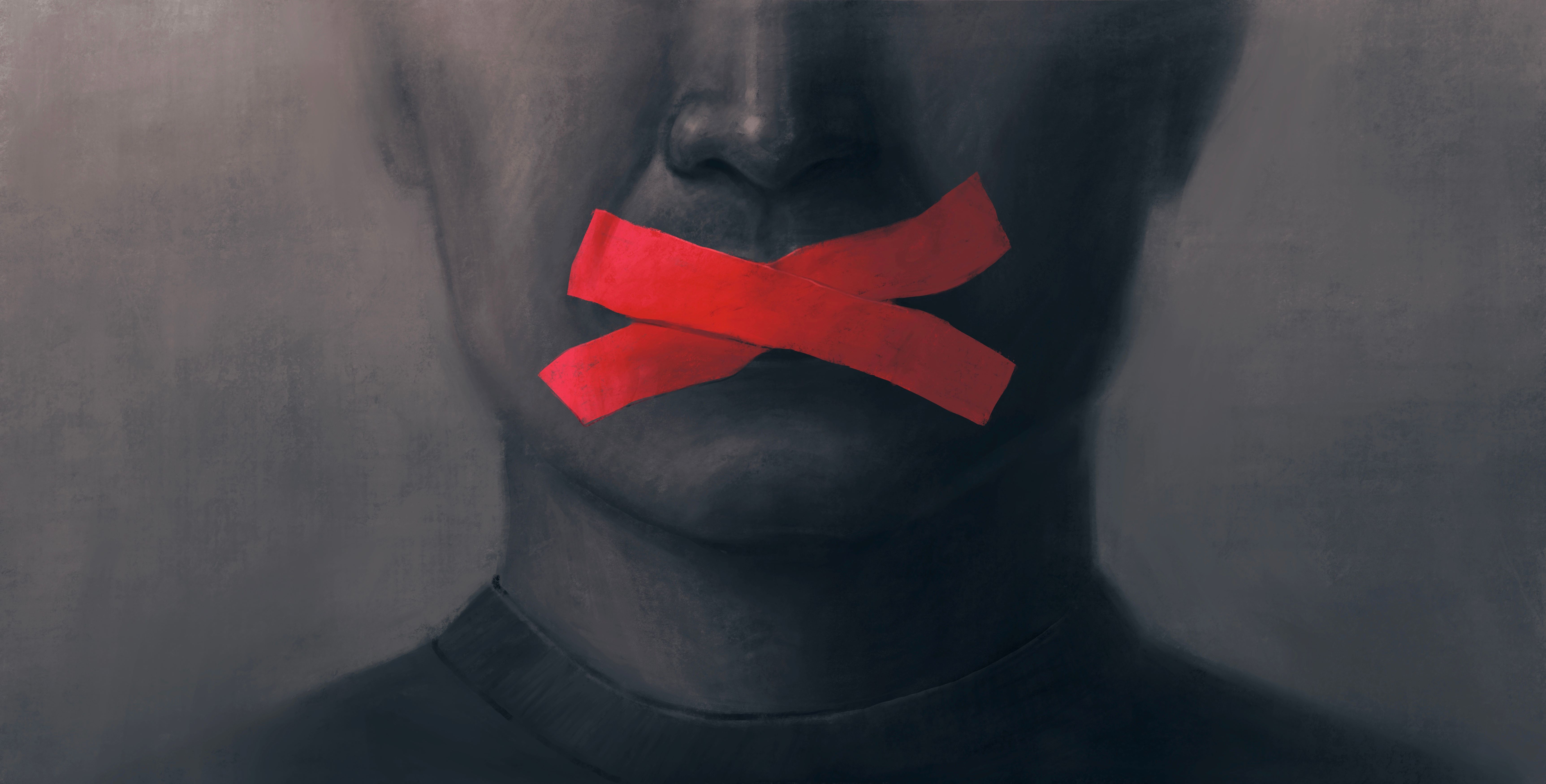اتُهِمت هيئة الإذاعة البريطانية (BBC) من صحفييها بأنها أخفقت في تقديم قصة الصراع بين إسرائيل وفلسطين بشكل دقيق، وأنها بذلت جهدا أكبر في أنسنة الإسرائيليين مقارنةً بالفلسطينيين، وتغييب السياق التاريخي في التغطية.
وفي رسالة مطولة أرسلت إلى الجزيرة من ثمانية صحفيين مقيمين في المملكة المتحدة يعملون لصالح بي بي سي، وقالت الرسالة إن بي بي سي مذنبة بـ "تبني معايير مزدوجة في كيفية رؤية المدنيين"، في حين أن موقفها ثابت "في تقديم تقارير حول الجرائم الحرب الروسية المزعومة في أوكرانيا".
وقد طلب الصحفيون عدم الكشف عن هويتهم خشية الانتقام، كما أنهم لا يعزمون إرسال الرسالة إلى المسؤولين التنفيذيين في بي بي سي، معتقدين أن مثل هذه الخطوة لن تفضي إلى نقاشات ذات معنى.
وتأتي رسالة صحفيي بي بي سي في الوقت الذي تتصاعد فيه الكارثة الإنسانية في غزة. حيث تم الإبلاغ عن استشهاد أكثر من 14,500 فلسطيني - حتى وقت كتابة التقرير- بسبب قصف الاحتلال الإسرائيلي، بينهم ما لا يقل عن 6,000 طفل.
وجاء في الرسالة: "لقد فشلت بي بي سي في سرد هذه القصة بدقة من خلال إغفال السياق وعدم التعامل النقدي مع مزاعم إسرائيل، وبالتالي فشلت في مساعدة الجمهور على التعامل مع انتهاكات حقوق الإنسان التي تتكشف في غزة وفهمها". "لقد قُتل آلاف الفلسطينيين منذ 7 أكتوبر/تشرين الأول. متى سيكون العدد مرتفعا بما يكفي لتغيير موقفنا التحريري؟".
وقال صحفيو بي بي سي إنه عبر منصات هيئة الإذاعة البريطانية (بي بي سي)، خُصصت مصطلحات مثل "مذبحة" وفظائع" فقط مع حماس، "في تأطير للحركة على أنها المحرض ومرتكب العنف الوحيد في المنطقة. وهذا غير دقيق ولكنه يتماشى مع التغطية الشاملة لهيئة الإذاعة البريطانية". وناشد الصحفيون المؤسسة "ضمان أن تكون المعاملة متساوية لجميع المدنيين في قلب تغطياتها"، وقالوا إن بي بي سي تصور معاناة الإسرائيليين بعناية، تذكر أسماء ضحاياهم، وتغطي الجنازات الفردية، وتجري مقابلات مع العائلات المتضررة.
في المقابل "كانت التغطية الإنسانية للمدنيين الفلسطينيين غائبة. إنه عذر واهٍ أن نقول إن بي بي سي لم تتمكن من تغطية الأخبار في غزة بشكل أفضل بسبب الصعوبات في الوصول إلى القطاع. ويتم تحقيق ذلك، على سبيل المثال، من خلال سرد ومتابعة قصص الأفراد على مدار أسابيع. كما لم تُبذل سوى محاولات قليلة للاستفادة الكاملة من محتوى وسائل التواصل الاجتماعي الذي يقدمه صحفيون شجعان في غزة والضفة الغربية".
واعترف الصحفيون بوجود "بعض الأمثلة القوية المعزولة"، لكنهم قالوا إن القصص المروية بحساسية عن الفلسطينيين لم تكن "ثابتة"، خاصة بعد اندلاع الحرب. "في الأسابيع القليلة الماضية ومع تزايد الوفيات بين المدنيين بشكل كبير وتراجع دعم الدول الغربية للهجمات الإسرائيلية، بذلت بي بي سي المزيد من الجهود لإضفاء الطابع الإنساني على المدنيين الفلسطينيين. بالنسبة للكثيرين، يبدو هذا أقل من اللازم ومتأخرًا جدًا، ويظهر أن المواقف التي اتخذتها الحكومات في المملكة المتحدة والولايات المتحدة لها تأثير غير مبرر على التغطية".
الجزيرة أجرت مقابلة مع اثنين من الصحفيين الثمانية المساهمين في كتابة الرسالة، وبعضهم من عرقيات مختلفة. قال أحدهم للجزيرة "هذه المنظمة لا تمثلنا". "بالنسبة لي، وبالتأكيد بالنسبة للأشخاص الملونين الآخرين، يمكننا أن نرى بشكل صارخ أن حياة بعض المدنيين تعدّ أكثر قيمة من غيرها، وأن هناك نوعًا من التسلسل الهرمي في اللعب. وهذا أمر مؤلم للغاية، لأنه في الواقع، لا أحد منا يجد صعوبة في التعاطف مع المدنيين الفلسطينيين". وأضاف: يبدو أن بعض الموظفين وكبار المراسلين "لا يتعاطفون كثيرًا مع [الفلسطينيين]، كما يتعاطفون، على سبيل المثال، مع المدنيين الأوكرانيين".
وقال الصحفي الثاني الذي أجرت الجزيرة مقابلة معه: إنهم شعروا "بالاشمئزاز من الخسارة غير المعقولة في أرواح المدنيين" خلال هجمات حماس. وأضاف "شعرت أيضًا بعدد من المخاوف المتداخلة من أن التغطية التي تقدمها بي بي سي، ستفشل في واجبها في التحقيق بشكل كافٍ في هذا الرد الإسرائيلي أو توفير سياق مناسب لعقود من الاحتلال.. لقد تأكدت مخاوفي على الفور".
وجاء في الرسالة أن بي بي سي نظمت جلسات استماع وتعامل مع الصدمات للموظفين المتضررين من الصراع، لكن الرسالة قالت "للكثيرين منا، وخاصة الأشخاص الملونين، كانت تغطية بي بي سي جزءًا من محنتنا".
وفي انتقاد أكثر لرواية بي بي سي، يقول الصحفيون إنه بينما يُسأل الفلسطينيون عما إذا كانوا "يدينون حماس"، لا يمكن قول الشيء نفسه للضيوف الذين يدافعون عن تصرفات إسرائيل. "[إنهم] لا يُطلب منهم بشكل متساوٍ "إدانة" تصرفات الحكومة الإسرائيلية، مهما كان عدد القتلى المدنيين مرتفعًا في غزة".
من جهتها رفضت بي بي سي الاتهامات التي أوردتها الرسالة. وفي رسالة بالبريد الإلكتروني أُرسلت إلى الجزيرة، قال المتحدث باسم بي بي سي: "خلال تغطيتنا للصراع، أوضحت بي بي سي التكلفة البشرية المدمرة التي يتحملها المدنيون الذين يعيشون في غزة وإسرائيل".
وأضاف المتحدث أن بي بي سي هي "واحدة من المؤسسات الإخبارية الوحيدة" التي لديها صحفيون داخل غزة تمكنوا من تقديم تقارير على الأرض. "لقد شمل ذلك العديد من قصص الضحايا الفلسطينيين وشهادات مباشرة من المدنيين والأطباء وعمال الإغاثة في غزة، بالإضافة إلى فيلم وثائقي بانورامي يعرض قصصًا إنسانية من كلا الجانبين". وأكد المتحدث أنه "عند إجراء مقابلات مع الحكومة الإسرائيلية أو حماس أو الممثلين الفلسطينيين أو غيرهم من القادة، فإننا نتمتع بالقوة والتحدي ونهدف إلى مساءلة السلطة".
